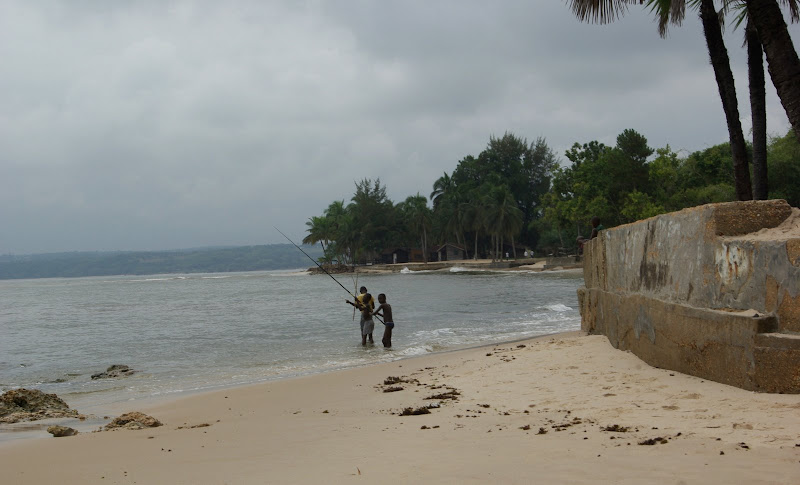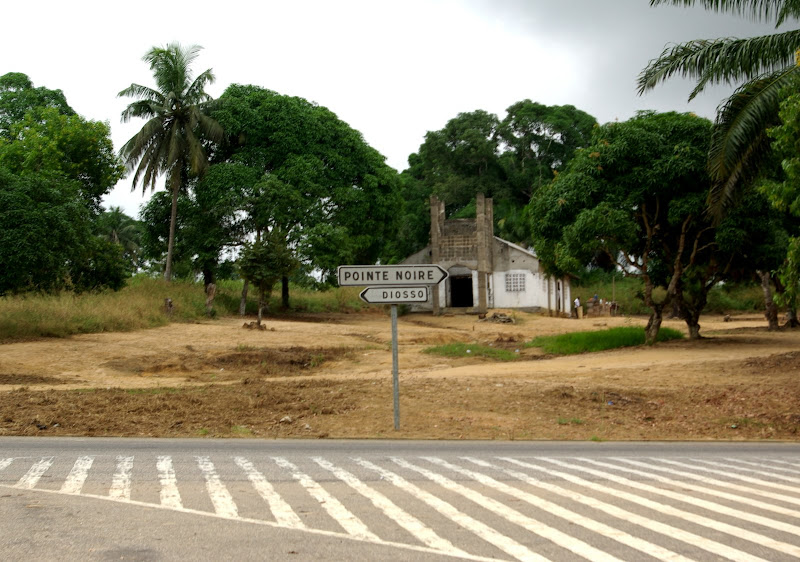Over the last four months there has been a constant stream of troubling news and developments out of Rwanda and this country prepared for its national elections. I intended to put together a post to summarize everything, but never had sufficient free time and internet bandwidth at the same time to do it. Fortunately, Reuters just published a Special Report that provides a pretty good summary for those interested. Some excerpts below.
Sixteen years on from Rwanda's genocide in which up to 800,000 Tutsis and moderate Hutus were killed, the country has become a darling of western donors and investors alike. Kagame, a bush war veteran turned civilian autocrat, has helped rebuild the central African nation, propelling its economy to more than 6 percent growth. He's clamped down on corruption and attracted companies such as Starbucks, South African telecoms giant MTN and Gulf investment firm Dubai World, to invest.
As Rwandans prepare to go to the polls on August 9, though, rights groups say political repression is on the rise. Human Rights Watch, Amnesty International and some western diplomats believe Kagame's strong-handed leadership style and refusal to permit the birth of a critical opposition now threaten the very stability and growth he has nurtured.
Donors and investors are divided over what this means for Rwanda's future. Some, both in Rwanda and abroad, are worried about the direction the country might be headed. Kagame, says one analyst on condition of anonymity, "has put more effort into PR than probably anyone else in Africa. But there is a sense in which they are losing control of the story. You have got to ask why these people keep turning up dead. Either it's the government or it is someone else, and neither is good."
But by suppressing open discourse about ethnicity and the history of the genocide, critics say Kagame may be building resentment in the majority Hutu population. "We've seen throughout Africa that military regimes, who come to power through force, find it very difficult to amend themselves and become real democrats. This is a patent case of that," said Muzong Kodi, an associate fellow of the Africa program at London-based think tank Chatham House.
"It's not only the 80 percent (Hutu) who since 1994 have been passed off as villains. Quite important fringes of the Tutsi population feel alienated. That's what makes the situation rather explosive."
Worryingly perhaps, the army top brass in exile are sounding increasingly belligerent. In a recent interview Rwanda's former spy-chief Patrick Karegeya, who fought alongside Kagame in 1994, described him as a dictator.






















































